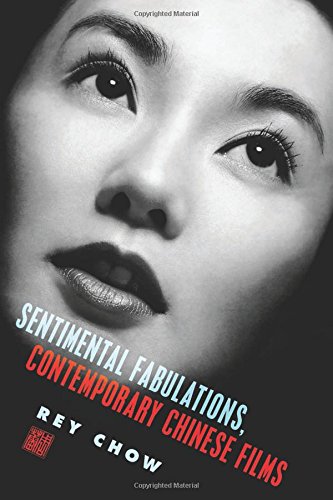

Most ebook files are in PDF format, so you can easily read them using various software such as Foxit Reader or directly on the Google Chrome browser.
Some ebook files are released by publishers in other formats such as .awz, .mobi, .epub, .fb2, etc. You may need to install specific software to read these formats on mobile/PC, such as Calibre.
Please read the tutorial at this link: https://ebookbell.com/faq
We offer FREE conversion to the popular formats you request; however, this may take some time. Therefore, right after payment, please email us, and we will try to provide the service as quickly as possible.
For some exceptional file formats or broken links (if any), please refrain from opening any disputes. Instead, email us first, and we will try to assist within a maximum of 6 hours.
EbookBell Team

5.0
98 reviewsWhat is the sentimental? How can we understand it by way of the visual & narrative modes of signification specific to cinema and through the manners of social interaction & collective imagining specific to a particular culture in transition? What can the sentimental tell us about the precarious foundations of human coexistence in this age of globalization?
Rey Chow explores these questions through nine contemporary Chinese directors (Chen Kaige, Wong Kar-wai, Zhang Yimou, Ann Hui, Peter Chan, Wayne Wang, Ang Lee, Li Yang, & Tsai Ming-liang) whose accomplishments have become historic events in world cinema.
Approaching their works from multiple perspectives, including the question of origins, nostalgia, the everyday, feminine "psychic interiority," commodification, biopolitics, migration, education, homosexuality, kinship, & incest, & concluding with an account of the Chinese films' epistemic affinity with the Hollywood blockbuster Brokeback Mountain, Chow proposes that the sentimental is a discursive constellation traversing affect, time, identity, & social mores, a constellation whose contours tends to morph under different historical circumstances & in different genres & media.
In contemporary Chinese films, she argues, the sentimental consistently takes the form not of revolution but of compromise, not of radical departure but of moderation, endurance, & accommodation. By naming these films sentimental fabulations—screen artifacts of cultural becoming with irreducible aesthetic, conceptual, & speculative logics of their own—Chow presents Chinese cinema first & foremost as an invitation to the pleasures & challenges of critical thinking.